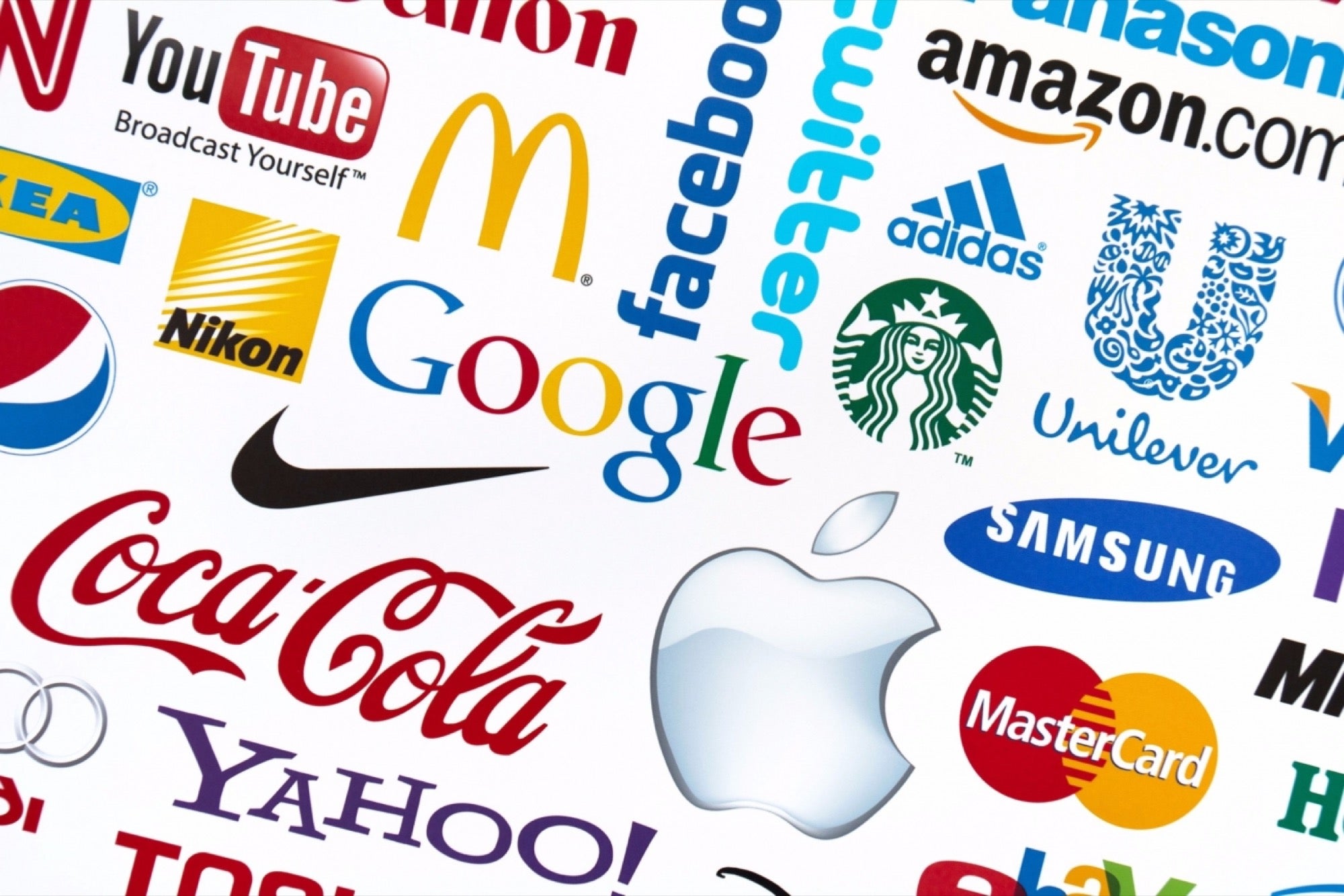Should Branding Begin With the Product or the Company's Values? Our branding expert Laura Ries says neither.
By Laura Ries Edited by Dan Bova
Opinions expressed by Entrepreneur contributors are their own.

Q: Should branding start from the product or from the values?
-- @Startup_Dreams
A: Neither. Branding starts in the mind of the prospect. After all, that's the place where your brand will live or die.
You need to look into the minds of your prospects and ask yourself: What do we stand for? Did we invent a category? Are we the leader in a category? Are we a no. 2 brand? Or are we one of the also-rans?
Keep in mind, the most successful brands are ones that pioneered new categories, established the brand in the mind and dominate the category. Google in search. Coca-Cola in soft drinks. Uber in personal car service.
As for values, sure it is great that Google will do no evil but that didn't make it the world's most valuable company. Dominating search did. Google focused on search when others saw it as just a small part of a portal.
But if you want to start the next Google, the first thing you think about is not values. It is the mind. How can we focus on one thing we can own in the mind? How can we make that category important?
Related: How This Company Is Making Millions in an Ultra Crowded Market
The objective of your branding program should be to own the leadership position in your category. But what if someone else got there first? Then you need to try to be a strong no. 2 brand. And how do you do that? You need to be the opposite of the leader.
For instance, Red Bull was the first energy-brand and rapidly became the market leader. There were more than a thousand competitive energy-drink brands launched in the American market. And virtually all of them were introduced in 8.3-oz. cans, which made sense. The small cans created the perception that the contents were powerful. Like a stick of dynamite.
So which brand became a strong no. 2 energy-drink brand? Monster and was the first brand introduced in a 16-oz. can. Today, Red Bull has 45 percent of the domestic energy-drink market and Monster has 37 percent.
Marketing should start before the product is designed and produced. Before a company decides on the product or its packaging, it ought to consult with marketing experts who can formulate the product's strategy.
And what is the most effective marketing strategy? Be first in a new category. Consumers, for example, know Chobani, as the first Greek yogurt, but oddly enough, Chobani wasn't first. Fage was the first Greek yogurt. (Chobani wasn't introduced until nine years later.) While Fage was first, virtually no consumers knew that because Fage's packaging focused on the word "Total." (A reference to the fat content of the yogurt.) So that left an opening for Chobani to become the first Greek yogurt "recognized by consumers." The Greek yogurt market illustrates the importance of looking into consumers' minds.
Related: 7 Ways to Build a Million-Dollar Brand
What if your company is late in bringing a product to market? And what if there are already two strong brands in your category? What should you do then? You have two choices.
1. Set up a new category you can be first in. Earth's Best, the first organic baby food; Horizon, the first organic milk; and Silk, the first soy milk, are just a few pioneers. This is the best choice but not always possible.
2. Narrow your focus. BMW narrowed its focus to "driving" and became the largest-selling luxury-vehicle brand in the world. Subaru narrowed its focus to "four-wheel drive" and became the most successful automobile brand on the American market, in terms of market-share increases. Subaru even outsold Volkswagen in 2015 by 40 percent.
To sum up, start the marketing process by looking into the minds of your prospects. Then make your marketing decisions based on where you are in the mind and where you would like to be in the mind. You don't win in the marketplace. You win in the mind.
Related: Essie Nail Polish Founder: 'Your Brand Is the Most Important Thing'







